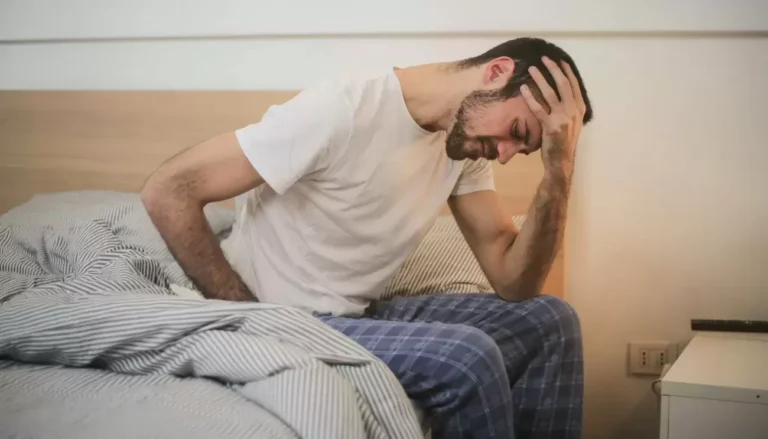Sometimes we find support and connections in online communities and on social media that we can’t find in real life. This support helps us feel seen and heard and validates our interests and identities. We can connect to others with similar ideas, experiences, and struggles, which can make us feel less alone when we find it difficult to connect to those around us physically.
But not every online community is healthy. So how can we determine what a healthy one looks like? The truth is that the perfect safe space doesn’t exist online, but you can determine what feels healthy and safe for you.
What Does A Healthy Online Community Look Like?
For many young people, social media leads to better overall well-being. A majority of adolescents report that social media helps them feel more accepted (58%), like they have people who can support them through tough times (67%), like they have a place to show their creative side (71%), and are more connected to what’s going on in their friends’ lives (80%). Being a part of healthy online communities has a positive impact on our mental health.
But what does a healthy online community look like, and how do you know if you are a part of one? Here are some ways to determine if you are:
- It feels safe
A healthy online community is free from bullying, offensive content, judgment, and harassment. It doesn’t require you to send anything — pictures, contact information, address, etc. — that makes you feel uncomfortable. - It holds everyone accountable
In a healthy online community, there are moderators and rules that are enforced to protect and defend users from offensive language, content, and trolls trying to hurt, harm, or demean others. - It’s a space where you feel connected to others
You can express yourself and discuss your hobbies, ideas, opinions, and perspectives. You freely like, share, comment, and have conversations. - It aligns with your values and who you are as a person
Maybe this space helps you set goals and discover new things like shows, movies, and hobbies. Or maybe this community allows you to showcase your art, creativity, or talent. You feel that you want to be a part of this space because it relates to who you are and what you like in some way. - It doesn’t drain you or make you feel bad about yourself
You should feel inspired, educated, and welcomed — in other words, good about yourself. If you find yourself feeling like you don’t fit in or are pressured to change to be accepted, then chances are this isn’t a healthy community.
Where Can I Find Healthy Online Communities?
A healthy online community can be a conversation with one other person – like someone who reacted to your Snapchat or Instagram story and became your friend. Or it’s the comment section of your favorite YouTuber or Tik Toker. Maybe you find your people in a forum, like Reddit or Discord, or in another online support group. There are many places where you can find healthy communities online, and there are steps that you can take to find that space:
- Figure Out Your Values
This basically means to think about what you are interested in and what’s important to you.
-
- Why do you want to be a part of this space?
- What do you want to learn or gain from this community?
- What do you bring to this community?
- Is this something you do for fun, does it help with your mental health?
Figuring out your values can help you find a community that both interests you and where you feel like you belong.
- Set Boundaries
Think about what you don’t want to interact with. Stay away from content, creators, influencers, or people who make you feel bad about yourself or uncomfortable. It’s always OK to block, unfollow, report, or mute others to protect yourself online.
- Monitor Your Feelings
Pay attention to if or how your energy changes when you engage.
-
- How does being a part of your community make you feel?
- Are you anxious, angry, or sad?
A healthy community should make you feel connected, respected, and accepted.

